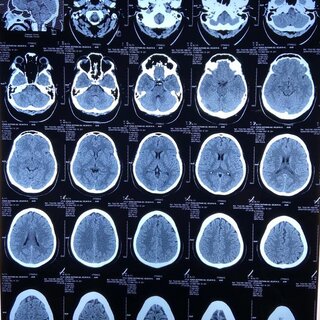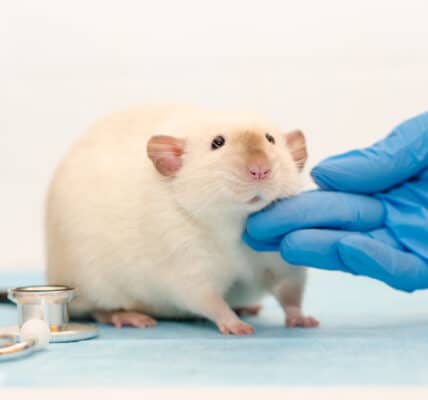Can Addiction Be Treated With Low-Intensity Focused Ultrasound?

To some people, it sounds like science fiction: using highly-focused ultrasound beams to repair areas of the brain damaged by addiction. That’s the proposal a team of researchers at the University of Utah led by Dr. Brian J. Mickey submitted to Wellcome Leap, an endowment “that aims to deliver breakthroughs in human health over 5-10 years and demonstrate seemingly impossible results on seemingly impossible timelines.”
Dr. Mickey learned recently that his team’s proposal was one 14 sharing in a $50 million pool of funding for the Untangling Addiction program overseen by Wellcome Leap. Other proposals receiving funding for Untangling Addiction are:
- Yasmin Hurd, Icahn School of Medicine at Mount Sinai
- Brett Ginsburg, University of Texas Health Science Center at San Antonio
- Ravi Das, University College London
- Ali Mazaheri, University of Birmingham
- Rodney Gabriel, University of California, San Diego
- Anna Rose Childress, University of Pennsylvania
- Consuelo Walss-Bass, University of Texas Health Science Center at Houston
- Gregory Sahlem, Stanford University
- Dara Ghahremani, University of California, Los Angeles
- Christian Lüscher, University of Geneva
- Sabine Vollstädt-Klein, Central Institute of Mental Health in Mannheim
- Peter Petillo, Design-Zyme LLC
- Antonio Verdejo-Garcia, Monash University
Dr. Mickey says his team is working on the development of a “non-invasive intervention for preventing and treating addiction, chronic pain, and depression.” That certainly would be a breakthrough innovation in the treatment of substance use disorder. A news release from the University of Utah’s Huntsman Mental Health Institute describes the process:
Mickey’s team will use a novel ultrasound-based device to modulate deep brain regions and behaviors associated with opioid addiction. The goal will be to ultimately develop this approach into an individually targeted therapeutic intervention for a range of addictions.
Dr. Mickey describes the goals of the research in his own words:
Many psychiatric problems such as depression, anxiety, and addiction are caused by malfunction of brain circuits. This project is an example of our mission to understand how these neural circuits are dysregulated and to develop novel, circuit-targeted interventions that return the brain to a healthy state.
Low-Intensity Focused Ultrasound (LIFU) was found to generate significant results with no measurable harm in a very small study conducted recently by the Rockefeller Neuroscience Institute at West Virginia University School of Medicine. Reported in September of 2023, the trial was performed on four volunteers receiving outpatient treatment for opioid use disorder.
The four participants were subjected to one 10-minute round of fake ultrasound and two 10-minute rounds of real ultrasound. For the first week, they completed a daily survey about cravings for a variety of addictive substances. The results were very impressive:
- cravings for opioids or heroin dropped by 50%
- cravings for methamphetamine and cocaine went to zero
- cravings for alcohol dropped by roughly half
- even nicotine cravings were reduced significantly
Researchers say the results persisted after 90 days. Wellcome Leap cites a statistic that “more than half of those treated to achieve abstinence revert to their addiction within 90 days.” If the ultrasound treatment does reduce both cravings and relapse — without harmful side effects — it would be a tremendous breakthrough. We’ll continue to follow this story at AddictionNews.
Written by Steve O’Keefe. First published April 29, 2024.
Sources:
“HMHI lands major funding to help transform addiction treatment,” Huntsman Mental Health Institute, Apr 10, 2024.
“Low-intensity focused ultrasound targeting the nucleus accumbens as a potential treatment for substance use disorder: safety and feasibility clinical trial,” Frontiers in Psychiatry, Addictive Disorders Section, September 2023.
Image Copyright: ResearchGate, used under Creative Commons license.




